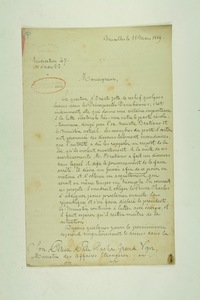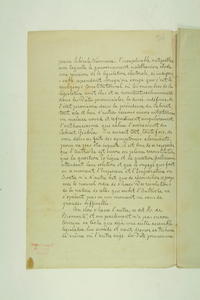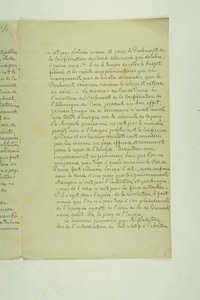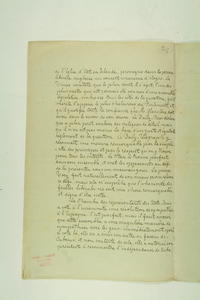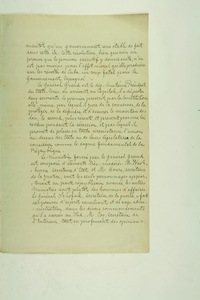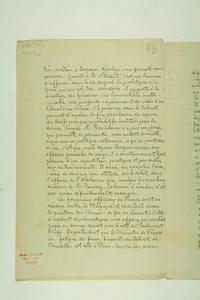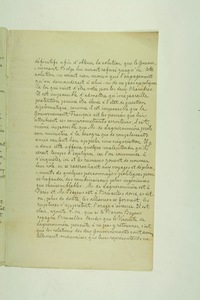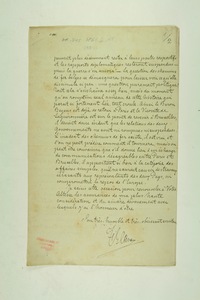Ottoman Diplomats
Letters from the Imperial Legation in Brussels (1849–1914)
Synopsis
Glavany notes that the ‘Eastern Question’ influenced the elections in the German principalities and especially the rhetoric of the revolutionary party, led by ex-minister, Bratiano. He wanted Prince Charles of Prussia to abdicate, to create a republic of which Bratiano himself would be president. Glavany hopes that the government would stay in control. Furthermore, he observes a rise in pessimism in the Austrian liberal press. He gives a short summary of the reasons behind this, but remarks that these were no alarming symptoms. The brief malaise was normal, since Austria was still under reconstruction, and solving problems at the borders. In Germany, the Prussian King underlined the importance of peace. Glavany notes that the Prussian King seemed to have confidence in the Treaty of Paris. According to Glavany, there was no reason to complain about the revolutions (anymore). He also mentions a bill of the British MP Gladstone, who wanted to abolish state religion in Ireland, which stirred up the English liberal press. In the United States, the House of Representatives voted unanimously a resolution of sympathy towards Spain. Glavany criticized the American’s double agenda, since the American House of Representatives also voted a resolution of sympathy towards the Cubans, acknowledging the independence of Cuba, which he sees as a fatal blow to Spain. Glavany also briefly describes the installation ceremony of the new president of the United States, Grand. He then describes Grand’s government, composed of moderate businessmen. Furthermore, Glavany writes about a dispute between France and Belgium about the railroads, and shows that it had become a political, diplomatic question. He does not think, however, that this incident is something to worry about – despite the uncertain outcome – since it would not compromise the peace in Europe.
Facsimiles
How to cite
If you use this website for your own research, we kindly ask you to mention the following reference in your publications:
Consulted online at Ottoman Diplomats: Letters From the Imperial Legation in Brussels (1849–1914) (2014 Edition), Centre for Political History (PoHis), University of Antwerp, <http://dighum.uantwerpen.be/ottomandiplomats/>.
